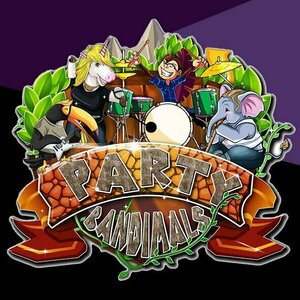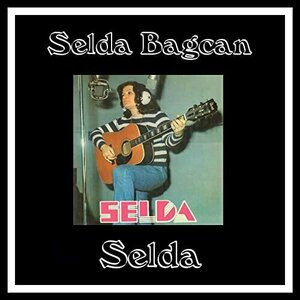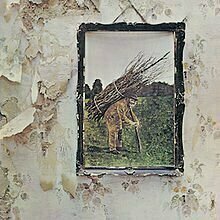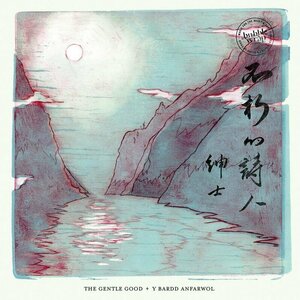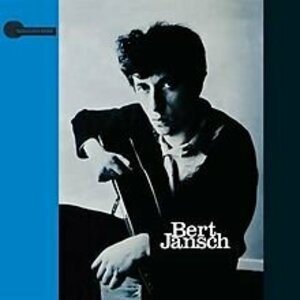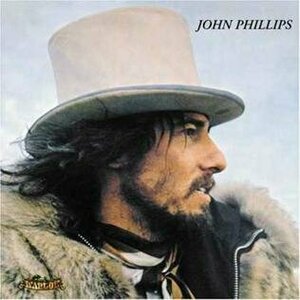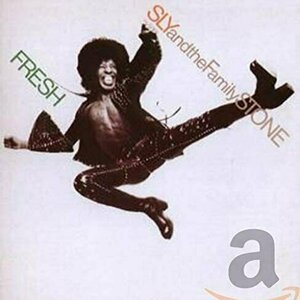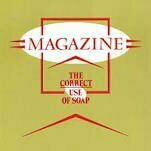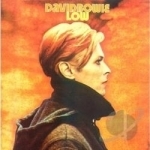Search
Search results
Purple Phoenix Games (2266 KP) rated Party Bandimals in Tabletop Games
Oct 8, 2019
Band geeks. We all were bullied as kids. Walking to/from school with our super uncool instrument cases in our hands. All throughout our schooldays knowing that we were near the bottom of the popularity barrel. Then something happens. We become adults, join a band, sell merchandise, and all of a sudden it’s cool to be in a band and everyone wants to hang out. None of this has anything to do with the game I’m previewing right now, but this is a PSA – treat your band kids well so they can flourish and grow and become invincible bad-asses that seriously rock.
Party Bandimals is a card game where players are band managers looking to fill out their respective musical groups that feature anthropomorphic animals playing musical instruments. Each turn players are trying to boost their own bands with wicked rad band members while simultaneously subbing in the uncool members to their opponents’ bands.
DISCLAIMER: We were provided a prototype copy of this game for the purposes of this review. As this is a preview copy of the game, I do not know if the final rules or components will be similar or different to what we were provided. -T
A game of Party Bandimals takes place over a series of rounds. The first player to amass a band whose total strength equals or exceeds 11 (net). Each animal card has a number printed in the upper left hand corner indicating its strength, be it positive or negative. Positive numbered cards are played to your band tableau and negative cards to an opponent’s band – thus lowering their total strength score.
To setup shuffle the cards and deal three to each player. Any player that has received any cards with the “Play when drawn” icon must discard those and draw up to three. You are now ready to play.
On your turn you draw up to four cards and then play a card from your hand. Any card drawn with the “Play when drawn” icon (see “Bob” above) will be played immediately. Otherwise, you may choose any card in your hand to be played. These could be band members or other events. Some cards are designed to be played as reaction cards to other opponents’ plays and can be played out of turn. That’s it! The rules and game play are very light, and games are very quick.
Components: This is a card game. Mine came in a tin, though I do not know if that is the plan for when the game goes retail or as result of a successful Kickstarter campaign. The cards are good quality, and the art on them is very cool. The names are sometimes hilarious and the art reflects that as well. Each character has a personality, and some are even inspired by the designer’s friends and family. I didn’t see any trumpet playing Travis cards, so maybe that’s in the works…
So here are my thoughts on Party Bandimals. It’s a really quick game with some interesting decisions and LOTS of take that. I mean, you’re trying to put a band together of the sickest entertainers out there, but so are your opponents. You are pawning off the bad musicians on your friends opponents and keeping all the good musicians. It really works well when you want a super quick filler with a great theme, fun art (I mean, look at lil Elanor up there on that harmonica solo), and grudges to be formed. If your group likes take that games, or at least don’t get all bent out of shape, then you should check out Party Bandimals. It’s quick, fun, and has a great theme. What more do you want, people???
Party Bandimals is a card game where players are band managers looking to fill out their respective musical groups that feature anthropomorphic animals playing musical instruments. Each turn players are trying to boost their own bands with wicked rad band members while simultaneously subbing in the uncool members to their opponents’ bands.
DISCLAIMER: We were provided a prototype copy of this game for the purposes of this review. As this is a preview copy of the game, I do not know if the final rules or components will be similar or different to what we were provided. -T
A game of Party Bandimals takes place over a series of rounds. The first player to amass a band whose total strength equals or exceeds 11 (net). Each animal card has a number printed in the upper left hand corner indicating its strength, be it positive or negative. Positive numbered cards are played to your band tableau and negative cards to an opponent’s band – thus lowering their total strength score.
To setup shuffle the cards and deal three to each player. Any player that has received any cards with the “Play when drawn” icon must discard those and draw up to three. You are now ready to play.
On your turn you draw up to four cards and then play a card from your hand. Any card drawn with the “Play when drawn” icon (see “Bob” above) will be played immediately. Otherwise, you may choose any card in your hand to be played. These could be band members or other events. Some cards are designed to be played as reaction cards to other opponents’ plays and can be played out of turn. That’s it! The rules and game play are very light, and games are very quick.
Components: This is a card game. Mine came in a tin, though I do not know if that is the plan for when the game goes retail or as result of a successful Kickstarter campaign. The cards are good quality, and the art on them is very cool. The names are sometimes hilarious and the art reflects that as well. Each character has a personality, and some are even inspired by the designer’s friends and family. I didn’t see any trumpet playing Travis cards, so maybe that’s in the works…
So here are my thoughts on Party Bandimals. It’s a really quick game with some interesting decisions and LOTS of take that. I mean, you’re trying to put a band together of the sickest entertainers out there, but so are your opponents. You are pawning off the bad musicians on your friends opponents and keeping all the good musicians. It really works well when you want a super quick filler with a great theme, fun art (I mean, look at lil Elanor up there on that harmonica solo), and grudges to be formed. If your group likes take that games, or at least don’t get all bent out of shape, then you should check out Party Bandimals. It’s quick, fun, and has a great theme. What more do you want, people???
BookwormMama14 (18 KP) rated Night Song: A Story of Sacrifice (World War II Liberator #2) in Books
Jan 2, 2019
Compelling and heart wrenching, Tricia Goyer tells the story of the orchestra of Mauthausen. This orchestra, composed of famous Jewish musicians, was forced to play for their lives in the concentration camp.
We see the war through many different views in Night Song. Evie, a young Viennese woman who is involved with the resistance and witnesses the liberation of Mauthausen. Nick, an American medic who is in love with Evie and will travel to the ends of the earth to find her. Otto, an SS Soldier whose thirst for power and riches overwhelms him. Finally, Jakub, a young Jewish prisoner whose magnificent talent brings hope and joy to those he is around.
The story begins in December 1941, Evie and her family must return to Vienna due to the German occupation. The following 3 1/2 years are a combination of sorrow, pain and loss for all of our characters. But where Nick, Evie, and eventually Jakub, find their strength in the Lord, Otto finds his through the "Ancients", the mystical power supposedly behind Hitler's reign. Otto is never satisfied, he always wants more. Our other characters have to sacrifice so much, yet they know that the Lord is leading them and taking care of them. In the end we discover that the wealth and power of this world can not compare with a personal relationship with our Lord, Jesus Christ.
It took me a little longer to read this book, only because it was so emotional for me that I had to put it down and take a break. Tricia Goyer does a beautiful job of depicting the horrors and sorrows of the camps and all those who were affected by it, without being gory. It made my heart ache for those who lived and died in this hell. I highly recommend this book to anyone who enjoys World War II fiction. You will not be disappointed!
We see the war through many different views in Night Song. Evie, a young Viennese woman who is involved with the resistance and witnesses the liberation of Mauthausen. Nick, an American medic who is in love with Evie and will travel to the ends of the earth to find her. Otto, an SS Soldier whose thirst for power and riches overwhelms him. Finally, Jakub, a young Jewish prisoner whose magnificent talent brings hope and joy to those he is around.
The story begins in December 1941, Evie and her family must return to Vienna due to the German occupation. The following 3 1/2 years are a combination of sorrow, pain and loss for all of our characters. But where Nick, Evie, and eventually Jakub, find their strength in the Lord, Otto finds his through the "Ancients", the mystical power supposedly behind Hitler's reign. Otto is never satisfied, he always wants more. Our other characters have to sacrifice so much, yet they know that the Lord is leading them and taking care of them. In the end we discover that the wealth and power of this world can not compare with a personal relationship with our Lord, Jesus Christ.
It took me a little longer to read this book, only because it was so emotional for me that I had to put it down and take a break. Tricia Goyer does a beautiful job of depicting the horrors and sorrows of the camps and all those who were affected by it, without being gory. It made my heart ache for those who lived and died in this hell. I highly recommend this book to anyone who enjoys World War II fiction. You will not be disappointed!
